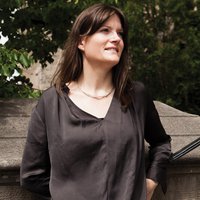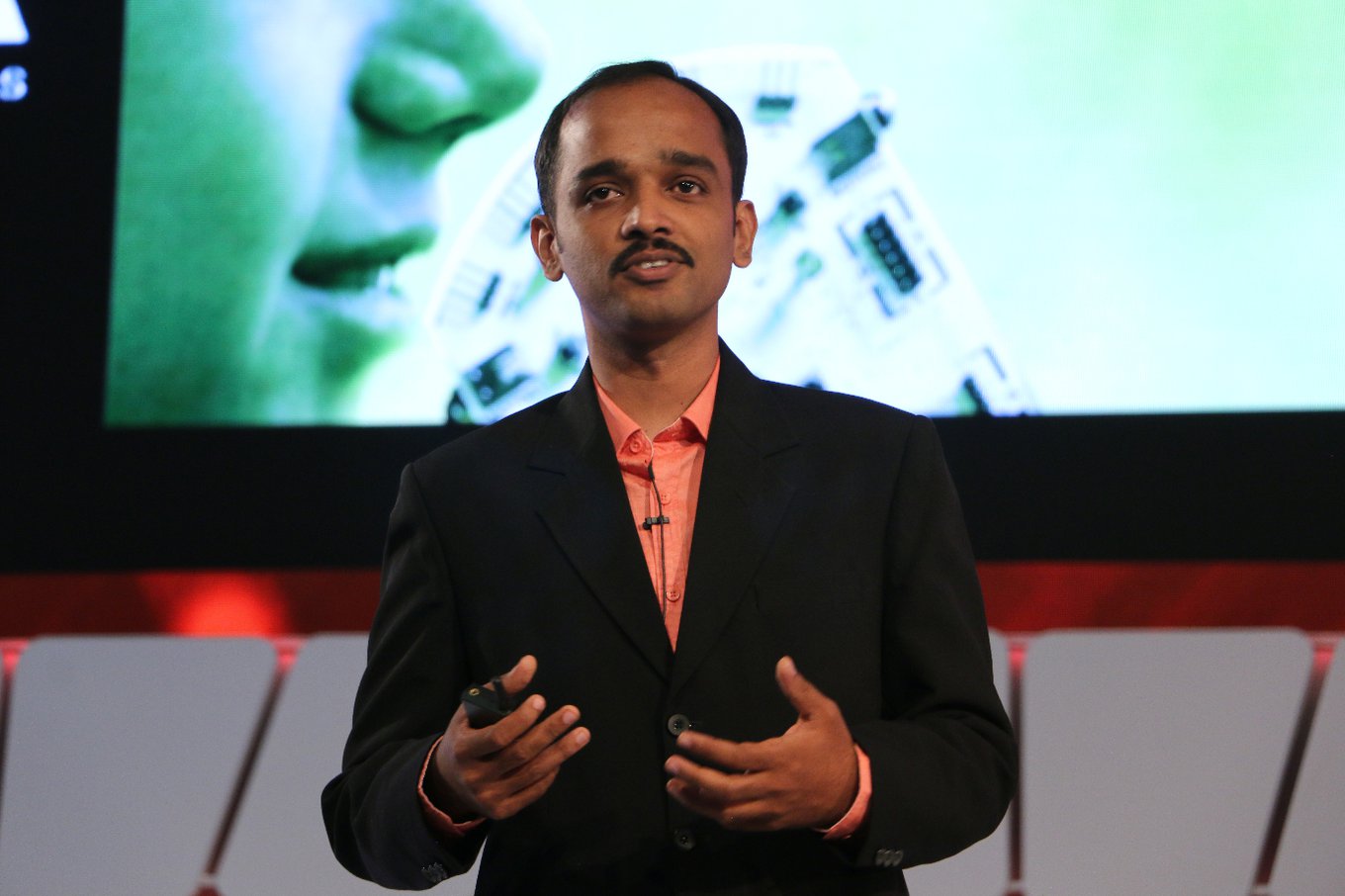"When it comes to innovation and creativity, Sandeep Senan is as excited as the young kids he wants to empower with the innovative tools at his disposal. His innovation, Bibox (short for Brain-in-a-box), is like an “electronic brain which can be instructed by a kid using a graphical software, which can run on a tablet or smartphone or PC or even with cards”, he says. Senan is of the view that the realm of innovation must be extended to children rather than remain mostly confined to the adult world. There’s a need for a huge change in the way children are taught and allowed to be creative, he feels. “The task of making adults creative is a humongous task, but if we think about kids, they are naturally curious and thus it’s easy to instill an innovative thinking process in them,” says Senan. So when he discovered that there was a lack of tools and curricula designed for instilling the habit of innovation in kids, he decided to do something about it.
“The innovation Bibox was originated out of that need to give kids the tools to change the world and thus the confidence to keep innovating and make it a habit so that when they become adults, they can go out and make large-scale impact because the thinking is ingrained into their minds,” he says.
Bibox doesn’t have a definite shape or size but is basically a set of tools—processors, switches, sensors, battery and software, among others—using which children in different age groups can try their hand at innovation. This “brain”, says Senan, can be connected to a variety of accessories, including toys, lights and TV sets, and children can come up with stuff like walking robotic dogs, automatic TV and even connected health products using the Internet of Things.
“Because Bibox responds to kids’ logic in the physical world, they can see what the logic means and correct themselves when required—making the learning experience truly experiential,” he says. Besides providing them such toolkits, Senan’s organization also provides them some structured mentoring to enable them to use their creative freedom and confidence to innovate more and more in any field they choose to be in. “We are just getting the process started a little early,” he says. Through Bibox Labs, he has enrolled more than 25,000 students in over 100 schools in India.
To take his innovative ways to a much larger base of students, Senan and his team are digitizing the process of mentoring the kids to be innovators. Once this is in place, he says, any student anywhere in the world would be able to go through the same process that Bibox Labs follows in its affiliate schools. They also plan to partner with private firms, non-governmental organizations and various government bodies to scale up the programme."




